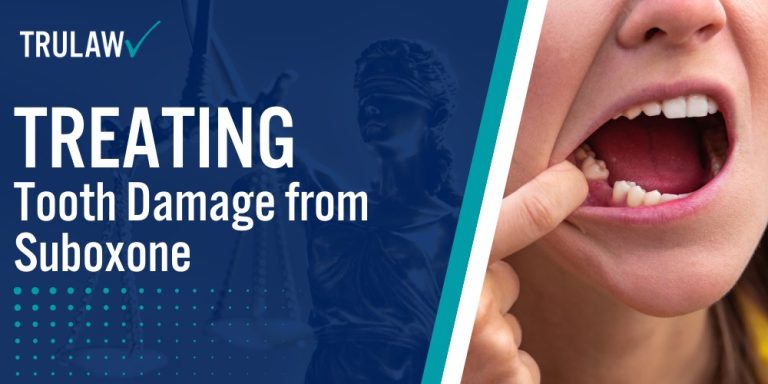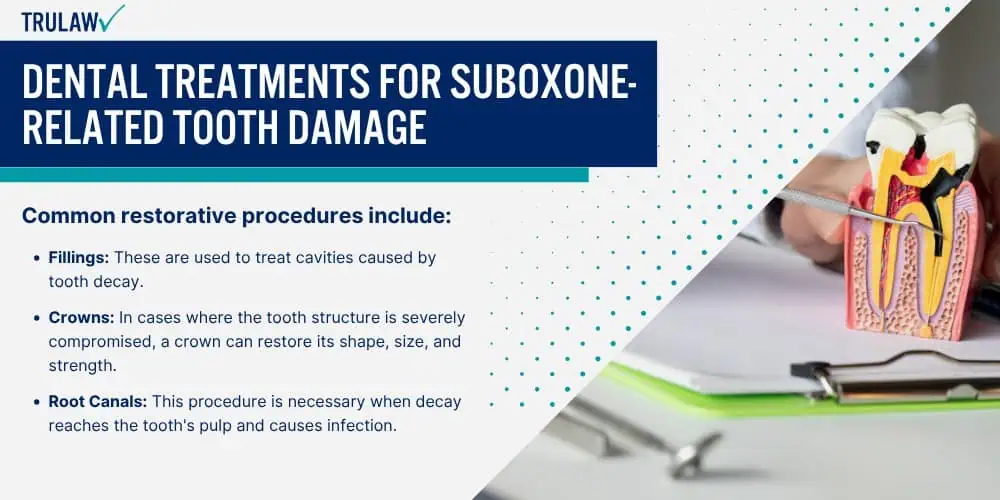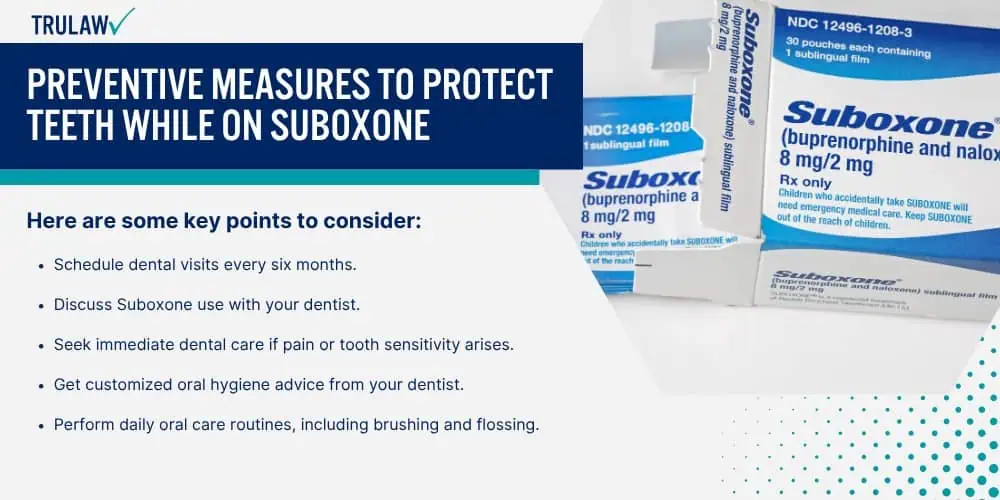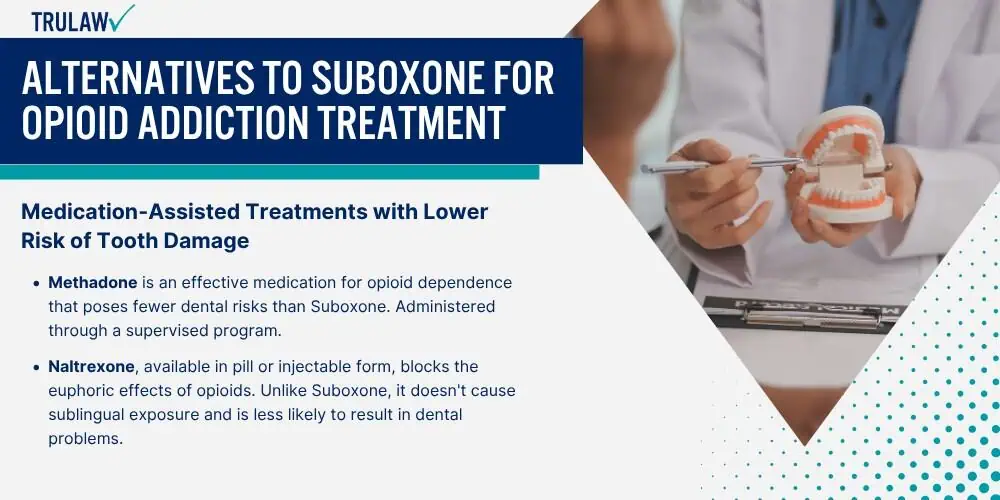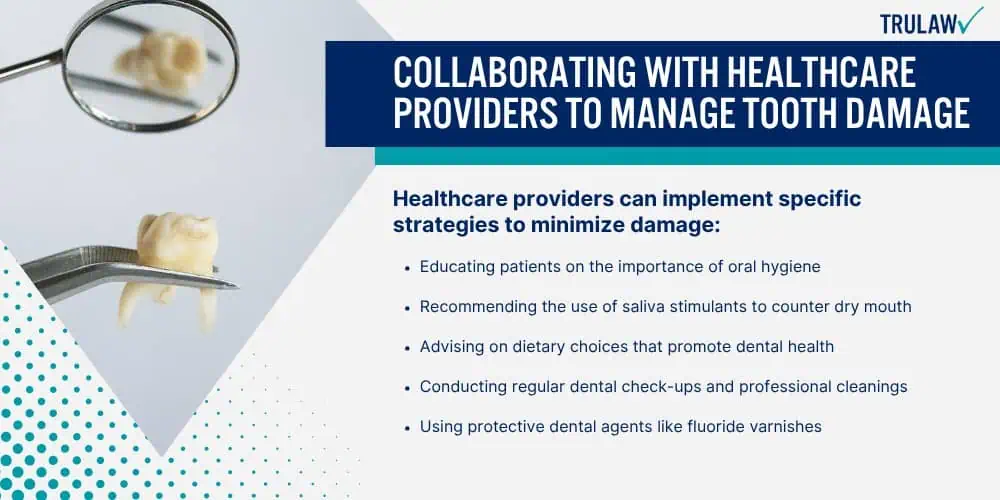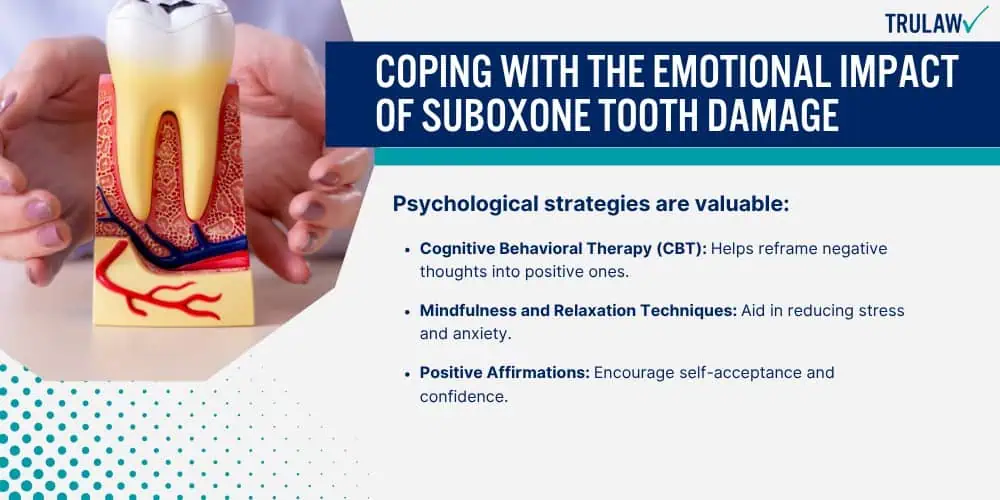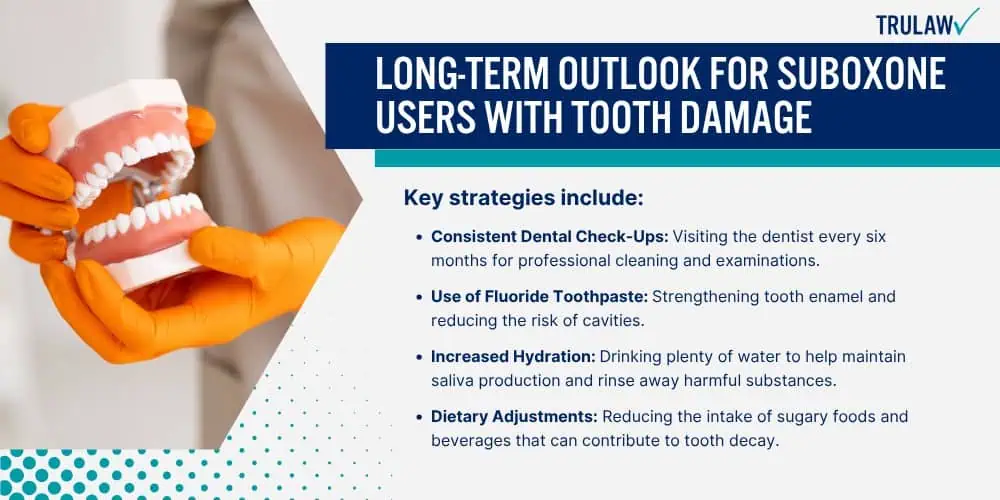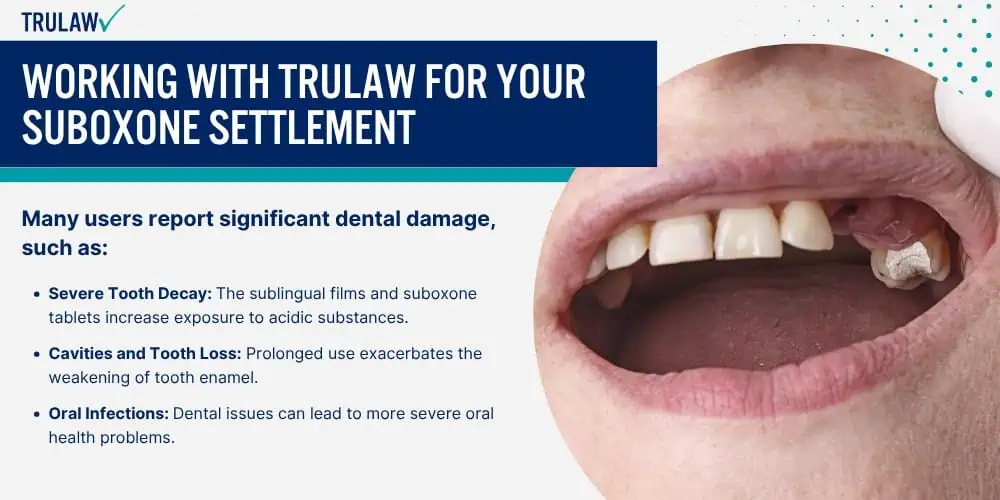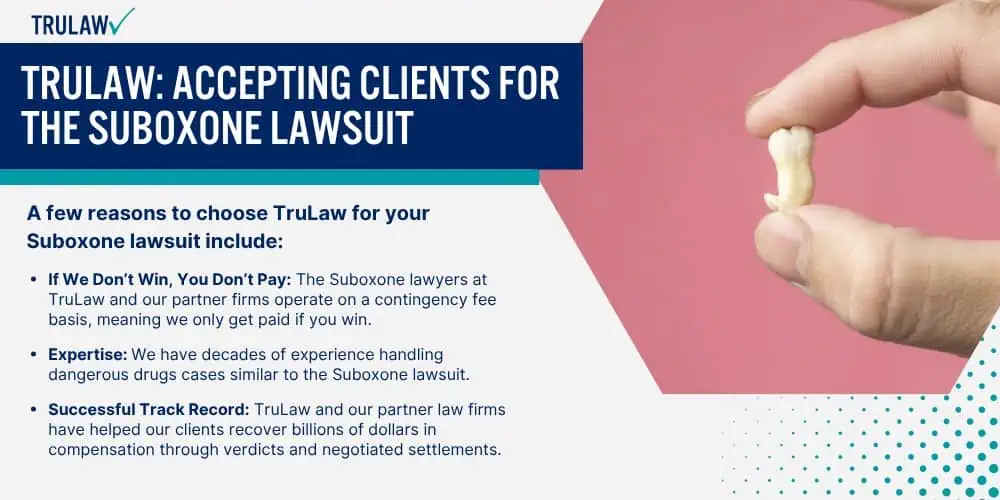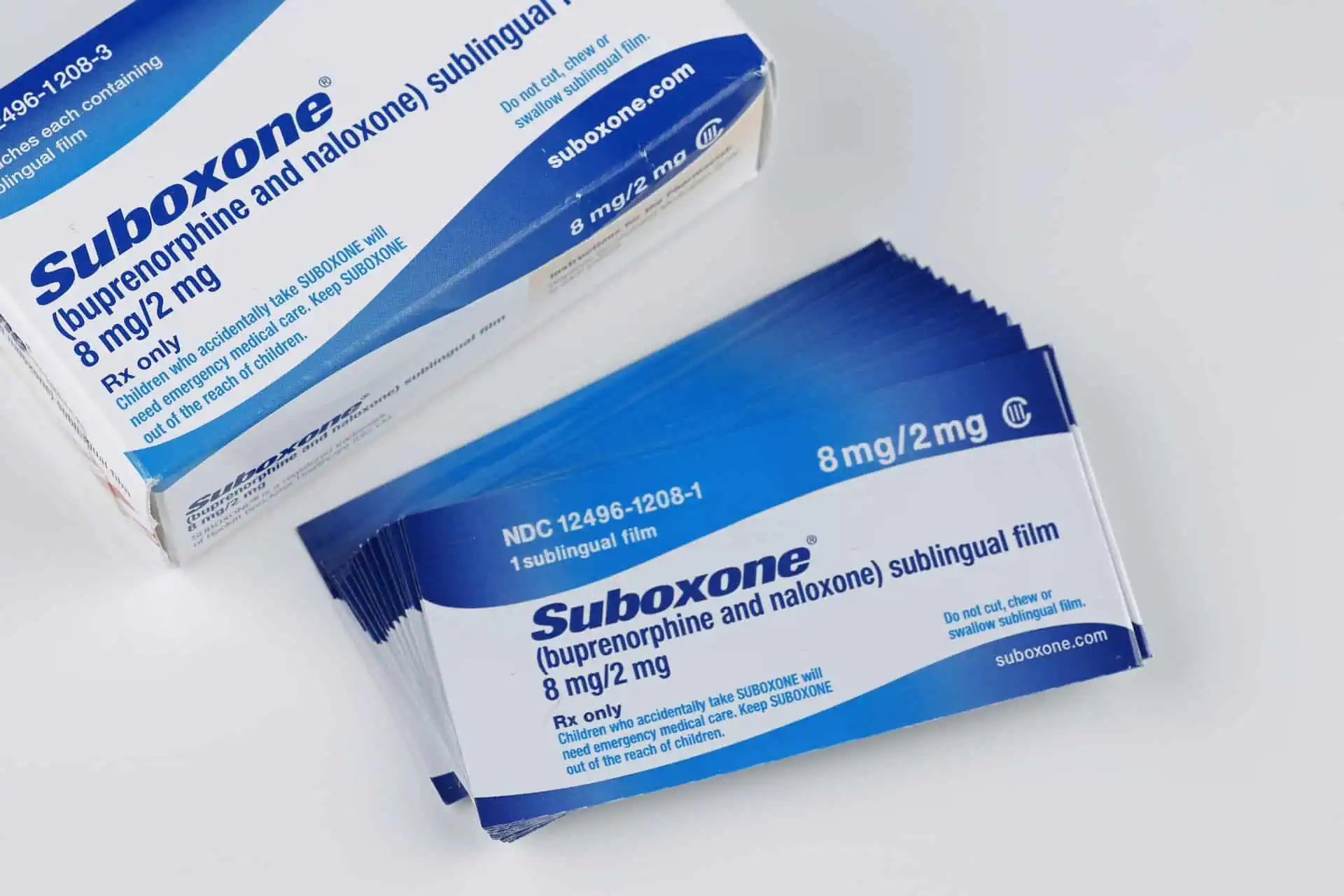Maintaining oral health is critical when using suboxone due to the risk of tooth decay and other dental issues.
Common signs include increased tooth sensitivity, discoloration, and frequent oral infections.
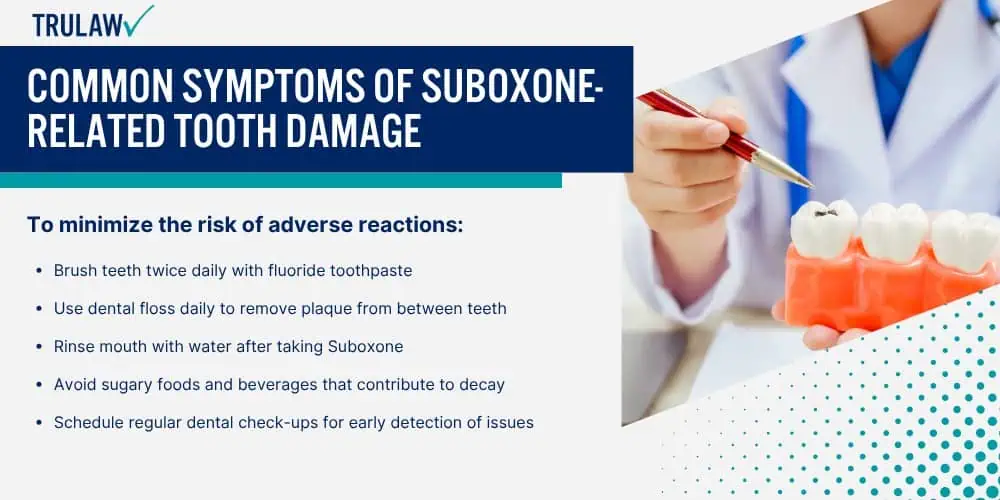
Importance of Oral Hygiene While Taking Suboxone
Individuals taking Suboxone should prioritize oral hygiene to prevent significant dental risks.
Poor oral hygiene can exacerbate dental issues and lead to severe tooth decay.
To minimize the risk of adverse reactions:
- Brush teeth twice daily with fluoride toothpaste
- Use dental floss daily to remove plaque from between teeth
- Rinse mouth with water after taking Suboxone
- Avoid sugary foods and beverages that contribute to decay
- Schedule regular dental check-ups for early detection of issues
Best Practices for Maintaining Oral Health on Suboxone
Implementing best practices ensures better management of oral hygiene while on Suboxone.
To reduce dental adverse events, follow these best practices:
- Brush gently but thoroughly to avoid gum damage
- Use a soft-bristled toothbrush to lessen enamel wear
- Apply fluoride treatments as recommended by a dentist
- Stay hydrated to combat dry mouth caused by the medication
- Monitor oral health closely and report any changes to a healthcare provider
Tips for Minimizing Tooth Damage from Suboxone Use
Proactive measures can help minimize tooth damage caused by Suboxone.
Practical tips include:
- Chew sugar-free gum to stimulate saliva production and protect teeth
- Apply vitamin D supplements to strengthen enamel
- Seek immediate dental care if signs of damage appear, such as sensitivity or discoloration
- Limit acidic foods that erode enamel
- Avoid tobacco use, which heightens the risk of gum disease
By adhering to these steps, individuals can better manage their oral health and mitigate the dental risks associated with Suboxone use.
Regular oral health examinations are essential for catching and treating dental problems early, ensuring a higher quality of oral well-being while managing opioid addiction.
